|
By Akilah James (@ajxmesss) As we rang in the New Year, one thing we all hoped would magically disappear was Covid-19. Unfortunately, the pandemic lives on. On January 12th, the Ontario government declared a state of emergency, the second since the beginning of the pandemic. Along with the announcement, Doug Ford issued a stay at home order, where everyone must stay home and only go out for essential trips. While Covid-19 can make anyone sick, there are specific groups who are more at risk of developing the virus and are prone to experiencing harsher symptoms than any other race. Race-based data proves to show the Black community is one that is hit the hardest by Covid-19. Black Canadians in particular are more likely to get sick and hospitalized due to Covid-19 than other ethnic groups. According to Covid-19 data trends, Black people and other people of colour make up 83 per cent of reported Covid-19 cases while only making up half of Toronto's population. Black Canadians are more exposed to the virus, as there are a number of risk factors that put Black people at particularly higher rates of contracting Covid-19. Researchers suspect that these risk factors include the work that people in the communities do, taking into consideration how many are frontline workers, and have multiple jobs to make ends meet. Living conditions, such as crowded, multigenerational homes, as well as pre-existing medical conditions that can increase risk, such as obesity and diabetes, which are often associated with poverty. Jackie Higgins - Access and Flow Manager, William Osler Health Systems believes the risk factor is high within the Black community because it stems from systematic barriers placed against them. According to Higgins: “The Black community has a higher rate of being paid lower wages and working more than one job, which can increase their exposure to Covid-19. They are also the most resilient group to get vaccinated for many reasons such as lack of education, suspicion of the healthcare sector, and overall fear of the vaccines since it was produced at a fast rate.” The pandemic has put extreme stress on frontline workers, especially those of colour due to the overwhelming impact of Covid-19. Frontline healthcare workers now face unexpected stressors related to their jobs. These include risk of infection, sense of helplessness, lack of social support, and the physical toll it is taking on their bodies. While Covid-19 is drastically affecting Black communities at large, it has also taken a toll on the community of Black healthcare workers as well. On January 6th, an Ontario nurse by the name of Maureen Ambersely died of Covid-19. Ambersely is the fourth SEIUHealthcare Union member to die after contracting the virus. The other three members of the SEIU Union were all women of colour as well. “I am more stressed due to Covid-19,” adds Higgins. “There are frequent rule changes and it is a lot to put the new changes in place. The ER is backed up and that causes a mass stress situation because having too many contagious people in one department can cause an outbreak. It’s also a lot of work for the nurses to deal with.” While hospitals and healthcare centres are struggling to deal with the increase of Covid-19 cases, there are many resources available to help Canada’s Black communities deal with the effects of the pandemic. The TAIBU Community Health Centre provides free testing and free phone lines to the Black communities to provide support and answer questions. Additionally, Afri-Can FoodBasket is working to provide emergency food support to individuals and families within Black communities in Toronto. Services are available to those affected by Covid-19 and need access to food. There are a number of other resources set in place to help Canada’s Black communities deal with the impact of Covid-19. However, as Black communities are disproportionately impacted, it becomes clear there still needs to be work done in order to ensure the safety of those dealing with the pandemic. |
Recent Posts
Categories
All
Archives
February 2022
|
|
GET THE APP!
Listen to VIBE 105 anywhere you go!
|
OUR STATION
|
TUNE IN RADIO
|
STAY CONNECTED
|
Copyright © 2021 Canadian Centre for Civic Media and Arts Development Inc. Except where otherwise noted, presentation of content on this site is protected by copyright law and redistribution without consent or written permission of the sponsor is strictly prohibited.


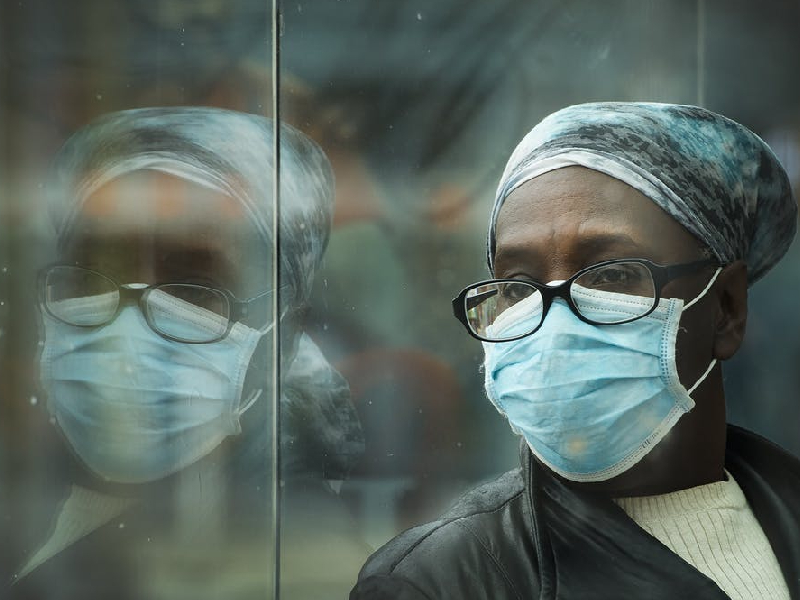
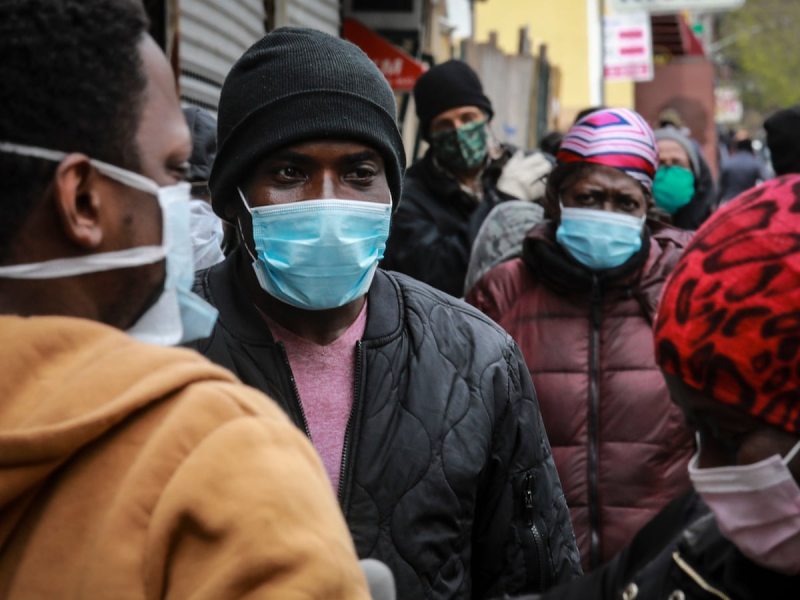
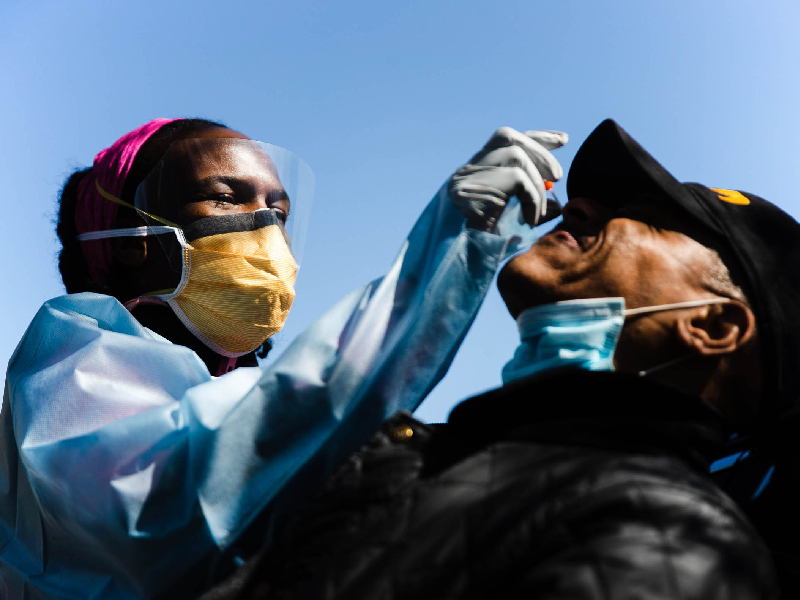
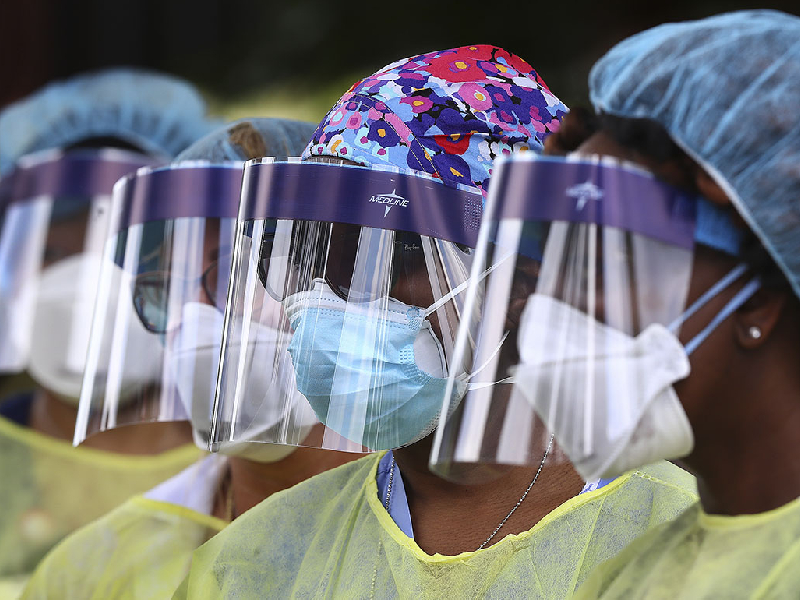
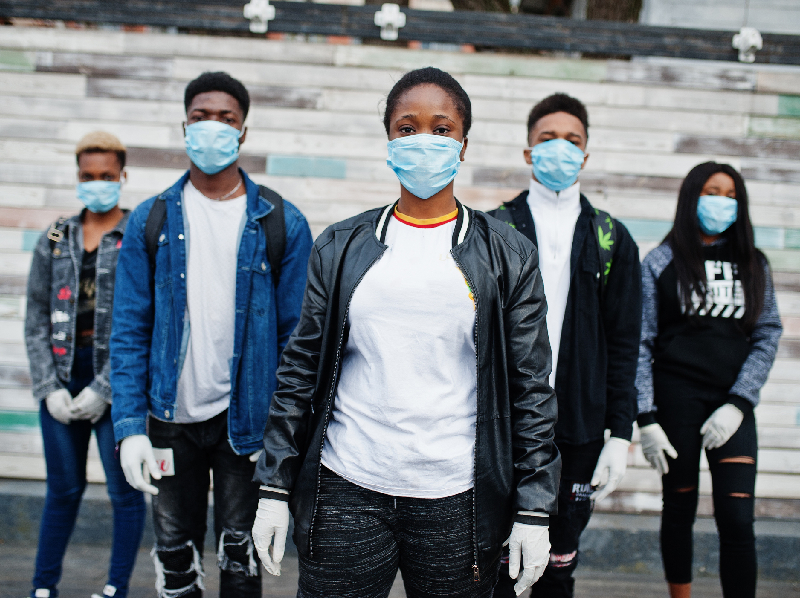
 RSS Feed
RSS Feed


